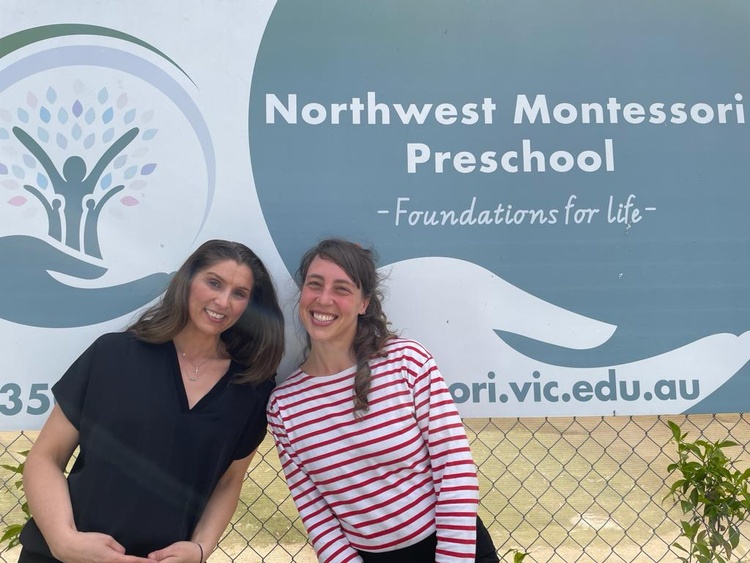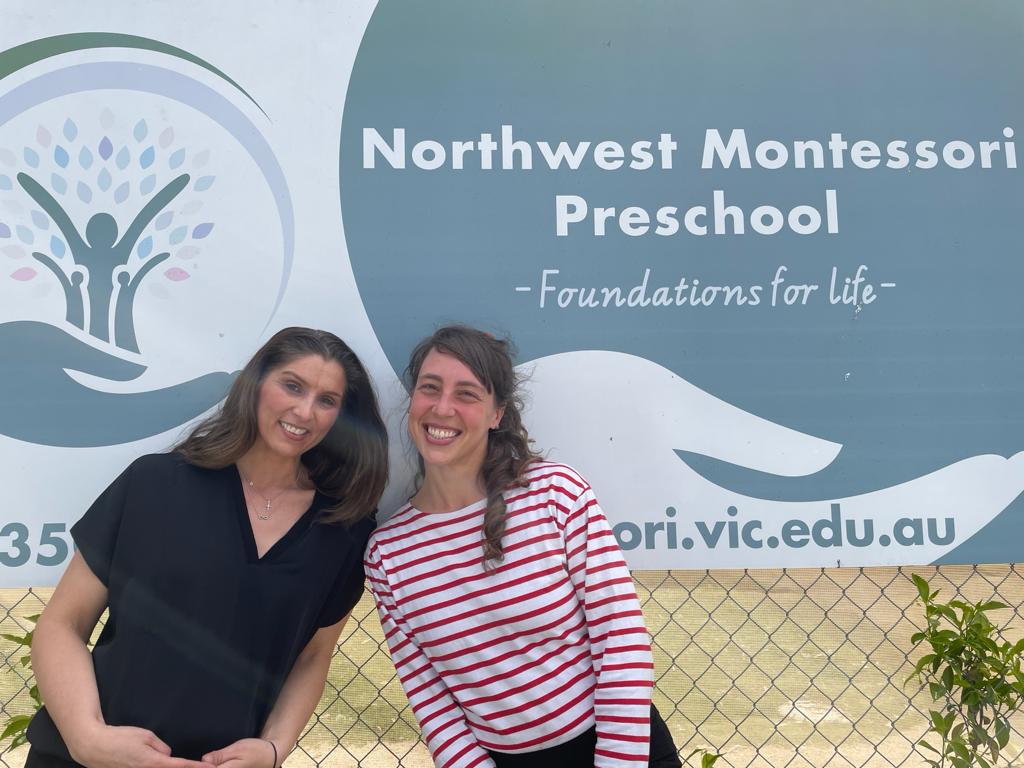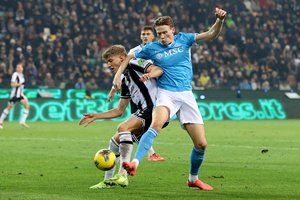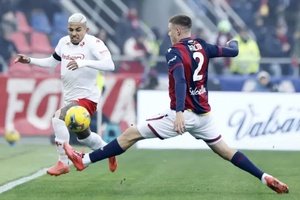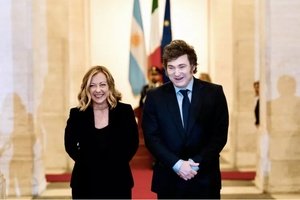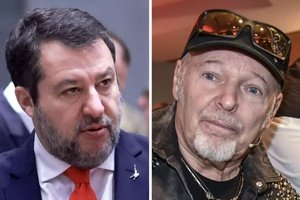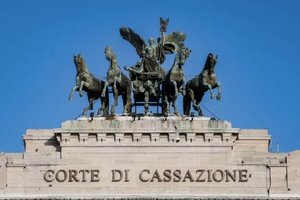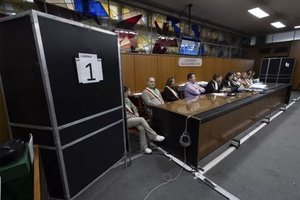A Montessori-style education aims to teach children critical thinking skills by developing their natural interests, instead of following formal teaching methods.
This different style of pedagogy is designed to foster independence in young children, encouraging them to make their own choices and decide how they wish to spend their day at school.
The principal of Northwest Montessori Preschool, Ioleen Barbaro, explained the importance of independence in an educational setting.
“Freedom of choice and movement is central to the Montessori model,” Barbaro said.
“We teach children to understand what they can and cannot do and to make their own choices.
“Maria Montessori said: ‘Help me to do it alone’.
“This phrase defines our pedagogical style where children are free to choose their educational activities, are allowed to make mistakes, and can learn from them.”
Barbaro’s parents both migrated to Australia as children and raised their daughter to understand the importance of her Italian origins.
“Knowing that Maria Montessori was not only Italian, but also that she began her career in Rome, really strengthens my bond with my Italian heritage,” she said.
Barbaro’s interest in the Montessori method began when she started to research different schools for her own children.
The model of education developed by Maria Montessori places a great deal of importance on self-motivation, where children are encouraged to develop their integrity and self-respect through their actions.
“Self-improvement should be encouraged in schools,” Barbaro said.
“It helps to teach children how to respect themselves, and the environment around them.”
During the lockdown Barbaro, together with staff from the preschool, prepared a personal kit full of activities for each child.
Over 240 activities were included in the kits; some were intended to be completed online with parental involvement, others replicated objects found in the empty classrooms.
Each child’s kit was tailored to their individual abilities and included activities for each subject.
“Every week we organised Zoom meetings so that we could monitor the development of each child and provide assistance to parents,” Barbaro said.
“Each class had a Facebook group where parents shared photos of their activities, which was a great way to stay connected during the lockdown.
“It was a great opportunity for parents to really understand what Montessori activities involved.”
Since 2017, Northwest Montessori Preschool has taught the Early Learning Languages Australia (ELLA) program, a federal government initiative that employs technology-based learning through iPads and other devices.
Marialuisa Castrigano, originally from Monopoli in Puglia, has been in Australia for about eight years and teaches Italian at the school.
“I believe that sharing your knowledge with others is akin to giving them a gift,” she explained.
“I was struck by how quickly the children would understand the lessons, and how they would use Italian words, even at home.
“Many parents told me that their children were suddenly including Italian words in their everyday speech, just like we do in class.
“This really impressed me.”
ELLA’s structure is quite similar to the Montessori model, to include language learning in a child’s routine, not just in school hours.
“Italian is ideal, because it is pronounced as it is written and the letters are the same as in English, so children can learn that the same letters have different meanings,” Barbaro said.
“Marialuisia was exceptional at teaching Italian; many children started speaking Italian in other Montessori activities, which was fantastic.”

